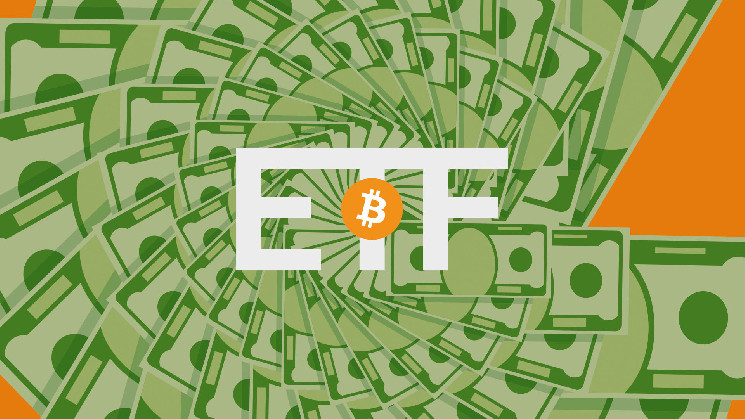During the initial two days of trading in the recently SEC-approved spot bitcoin ETFs, there was a substantial influx of cash, with $1.4 billion flowing in. Blackrock’s IBIT alone received $497 million, while the other eight ETFs collectively took in $900 million. However, over the same weekend, Grayscale’s Bitcoin Trust (GBTC) transformed into an ETF after facing $579 million in outflows on Thursday and Friday, resulting in a total of $819 million in net new cash inflows into the nine ETFs.
Following the SEC’s approval of 11 bitcoin ETFs, some anticipated a surge in bitcoin’s price. However, the Wall Street adage “Buy the rumor; sell the news” held true. Prior to the official approval, a fake tweet from a hacked SEC account caused a brief spike in bitcoin’s price to over $48,625. Yet, when the genuine approval came, the price declined and continued to drop.
Despite the positivity around the new spot ETFs, there was speculation that a significant portion of the ETF share trading was just a form of arbitrage to exploit minor price differences between exchanges. Additionally, the market was affected by bearish articles from financial institutions such as Charles Schwab, while some institutions like Bank of America and Edward Jones refused to sell shares to certain retail investors.
On a brighter note, Pantera Capital and Bitwise’s S-1 filing indicated a positive outlook, with Pantera’s preparedness to invest up to $200 million in its proposed spot bitcoin ETF, BITB.
Overall, the net cash inflows into the spot bitcoin ETFs during the initial two days of trading amount to $819 million, which represents a mere 0.1% of bitcoin’s $827 billion market capitalization. As the spot bitcoin ETFs continue to attract new cash, it remains to be seen how they will impact the broader crypto market.









